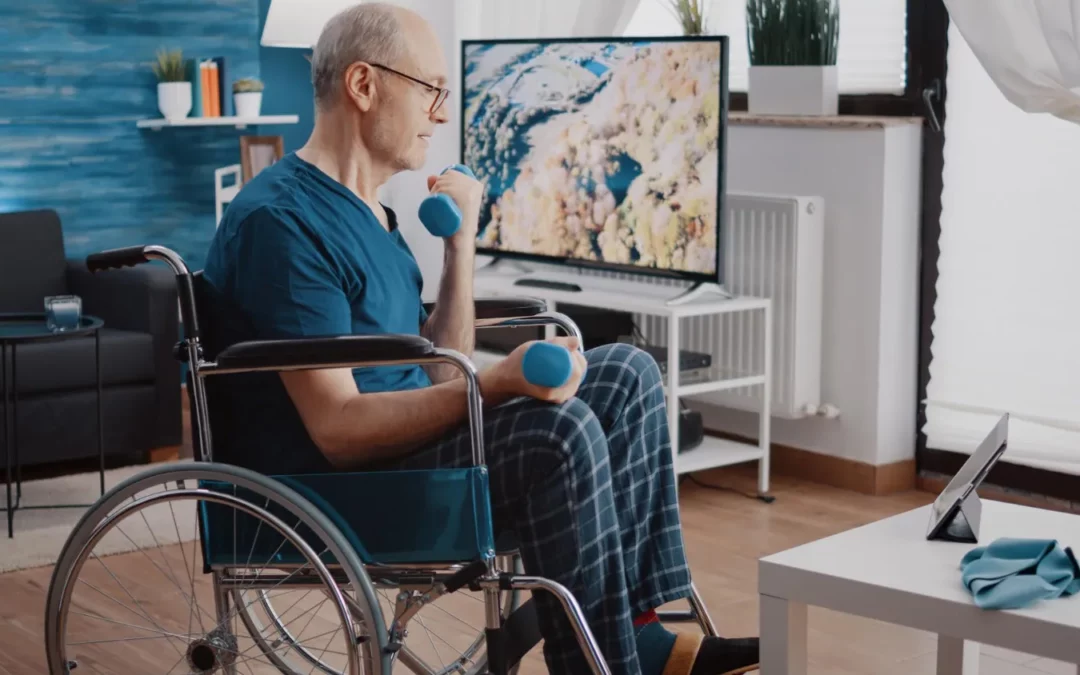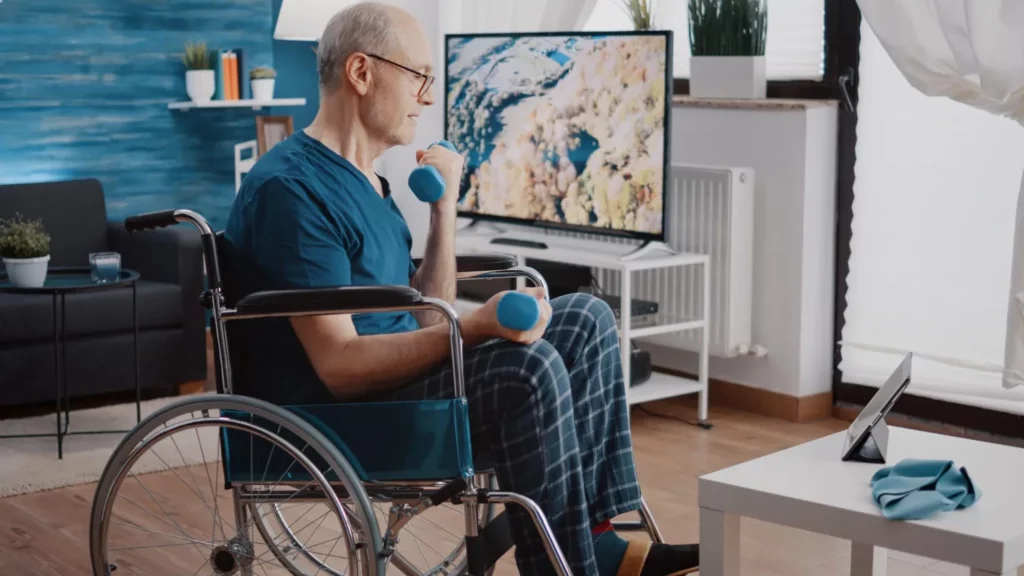
The Role of Case Managers in Coordinating Care
Case management is an important part of the coordination and maintenance of care for those who are either living with or have been diagnosed with a serious or chronic illness. A case manager provides a thorough assessment of an individual’s health care needs and coordinates the delivery of service and resources to promote the most effective and least restrictive care.
The case manager provides an assessment of an individual’s present and foreseeable needs, and works collaboratively with various other disciplines in the management and coordination of care. This might mean providing patient education and support, helping arrange for long-term care when needed, linking the individual to community resources, tracking test results or other vital information, and managing medication. The goal of case management is to ensure that quality, cost-effective outcomes are realized.
When case management is effective, it can be a resource to both the patient and their healthcare team. In terms of care coordination, it can ensure that the patient’s care plan is both comprehensive and coordinated across multiple providers, particularly when the patient is referred to specialists or other community resources. Moreover, research has demonstrated that coordinated care has the potential to reduce unnecessary medical costs and improve health outcomes.
The role of case managers is also to connect patients and their families with particular resources that make their care more convenient as well as provide support for a more collaborative approach between providers. For example, case managers can provide assistance in finding transportation to appointments, assist with short-term meals and lodging, and connect individuals to support services such as counseling, technical assistance, and physical and occupational therapy.
Case management also has the potential to improve healthcare quality. By providing the right information to the right people at the right time, case managers can ensure that necessary preventive interventions take place and any related risks are monitored, thus preventing potentially serious complications. Case management can also provide the necessary tools and guidance to manage complex conditions, giving patients the resources and support they need to improve health outcomes and quality of life.
Case management is a vital role in ensuring the effective and efficient delivery of quality care. It helps ensure that patients are connected to necessary resources and services and that all providers are working together to achieve the most successful outcomes. It also gives patients the ability to confidently and effectively manage their own health and wellbeing.
Conclusion
Case Managers play a vital role in the healthcare system. By providing assessments, coordination of care, and assistance with connecting patients to the right resources, case managers help ensure quality care is received and that patients are empowered and well informed with regards to their own health and wellbeing.



